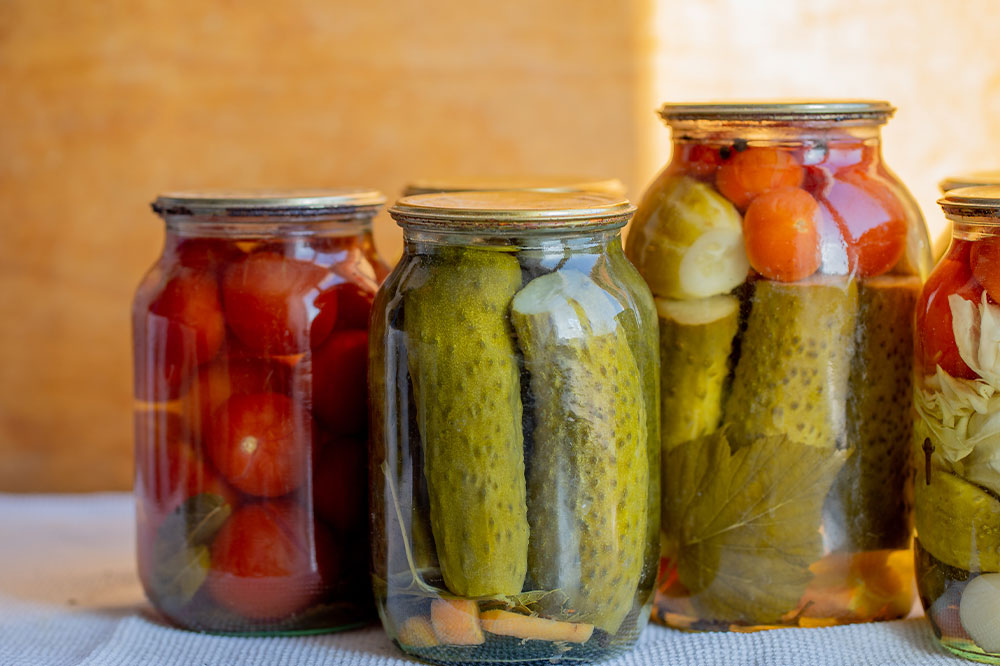Reduce the symptoms of asthma by avoiding these foods
The type of food we eat plays an important role when it comes to certain health conditions in the human body. And this even goes for conditions like asthma, a chronic lung disease that causes severe inflammation of the airways, thus making it hard to breathe. Of course, some treatments include medications, among others, to regulate the symptoms of the condition.

Dairy products
Most of us include dairy products in quite a few of our meals. However, studies have shown that consuming dairy products may also trigger the symptoms of asthma. This is because consuming dairy products leads to increased production of mucus in the lungs, leading to asthma symptoms.
Dried fruits
While dried fruits are considered healthy and a good food source for other conditions, it’s something one ought to avoid when it comes to asthma. Dried fruits contain preservatives like potassium bisulfite. The sulfites are known to trigger inflammation in the airways and lead to an asthma flare-up.
Desserts and red meats
Foods like red meats, sausages, and desserts are known to increase the risk of inflammation. These foods contain unhealthy fats and can lead to weight gain. Excess weight can force the lungs to work harder than usual and may trigger symptoms of asthma.
Wine and beer
Any consumption of alcoholic beverages can be extremely injurious to one’s health. That said, wine and beer are known to be preserved using sulfites. So, apart from all the other health problems they may cause, wine and beer are also linked to an increased risk of flare-ups in asthmatic patients.
Beans
Beans are a food source that can lead to gas in the system. The excess gas may put pressure on the diaphragm, tighten the chest, and lead to an asthma flare-up. Such a condition is more prominent in people who are affected by acid reflux. Other gassy foods that may lead to excessive gas include cabbage, garlic, fried foods, and onions.
Frozen shrimp
Frozen shrimps are preserved in sulfites to prevent the growth of unappetizing black spots. Unfortunately, while it helps preserve the flavor of the shrimp, the preservation process is unsafe for people with asthma and must be avoided.











